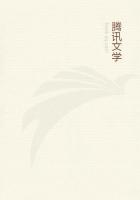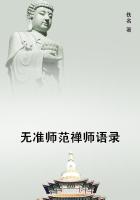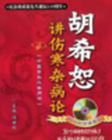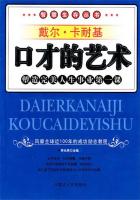'Potency' means (1) a source of movement or change, which is in another thing than the thing moved or in the same thing qua other;e.g. the art of building is a potency which is not in the thing built, while the art of healing, which is a potency, may be in the man healed, but not in him qua healed. 'Potency' then means the source, in general, of change or movement in another thing or in the same thing qua other, and also (2) the source of a thing's being moved by another thing or by itself qua other. For in virtue of that principle, in virtue of which a patient suffers anything, we call it 'capable' of suffering; and this we do sometimes if it suffers anything at all, sometimes not in respect of everything it suffers, but only if it suffers a change for the better--(3) The capacity of performing this well or according to intention; for sometimes we say of those who merely can walk or speak but not well or not as they intend, that they cannot speak or walk. So too (4) in the case of passivity--(5) The states in virtue of which things are absolutely impassive or unchangeable, or not easily changed for the worse, are called potencies; for things are broken and crushed and bent and in general destroyed not by having a potency but by not having one and by lacking something, and things are impassive with respect to such processes if they are scarcely and slightly affected by them, because of a 'potency' and because they 'can' do something and are in some positive state.
'Potency' having this variety of meanings, so too the 'potent'
or 'capable' in one sense will mean that which can begin a movement (or a change in general, for even that which can bring things to rest is a 'potent' thing) in another thing or in itself qua other; and in one sense that over which something else has such a potency; and in one sense that which has a potency of changing into something, whether for the worse or for the better (for even that which perishes is thought to be 'capable' of perishing, for it would not have perished if it had not been capable of it; but, as a matter of fact, it has a certain disposition and cause and principle which fits it to suffer this; sometimes it is thought to be of this sort because it has something, sometimes because it is deprived of something; but if privation is in a sense 'having' or 'habit', everything will be capable by having something, so that things are capable both by having a positive habit and principle, and by having the privation of this, if it is possible to have a privation; and if privation is not in a sense 'habit', 'capable' is used in two distinct senses); and a thing is capable in another sense because neither any other thing, nor itself qua other, has a potency or principle which can destroy it.
Again, all of these are capable either merely because the thing might chance to happen or not to happen, or because it might do so well. This sort of potency is found even in lifeless things, e.g. in instruments; for we say one lyre can speak, and another cannot speak at all, if it has not a good tone.
Incapacity is privation of capacity-i.e. of such a principle as has been described either in general or in the case of something that would naturally have the capacity, or even at the time when it would naturally already have it; for the senses in which we should call a boy and a man and a eunuch 'incapable of begetting' are distinct.-Again, to either kind of capacity there is an opposite incapacity-both to that which only can produce movement and to that which can produce it well.
Some things, then, are called adunata in virtue of this kind of incapacity, while others are so in another sense; i.e. both dunaton and adunaton are used as follows. The impossible is that of which the contrary is of necessity true, e.g. that the diagonal of a square is commensurate with the side is impossible, because such a statement is a falsity of which the contrary is not only true but also necessary; that it is commensurate, then, is not only false but also of necessity false. The contrary of this, the possible, is found when it is not necessary that the contrary is false, e.g. that a man should be seated is possible; for that he is not seated is not of necessity false. The possible, then, in one sense, as has been said, means that which is not of necessity false; in one, that which is true; in one, that which may be true.-A 'potency' or 'power' in geometry is so called by a change of meaning.-These senses of 'capable' or 'possible' involve no reference to potency. But the senses which involve a reference to potency all refer to the primary kind of potency; and this is a source of change in another thing or in the same thing qua other. For other things are called 'capable', some because something else has such a potency over them, some because it has not, some because it has it in a particular way. The same is true of the things that are incapable. Therefore the proper definition of the primary kind of potency will be 'a source of change in another thing or in the same thing qua other'.
13
'Quantum' means that which is divisible into two or more constituent parts of which each is by nature a 'one' and a 'this'. Aquantum is a plurality if it is numerable, a magnitude if it is a measurable. 'Plurality' means that which is divisible potentially into non-continuous parts, 'magnitude' that which is divisible into continuous parts; of magnitude, that which is continuous in one dimension is length; in two breadth, in three depth. Of these, limited plurality is number, limited length is a line, breadth a surface, depth a solid.


